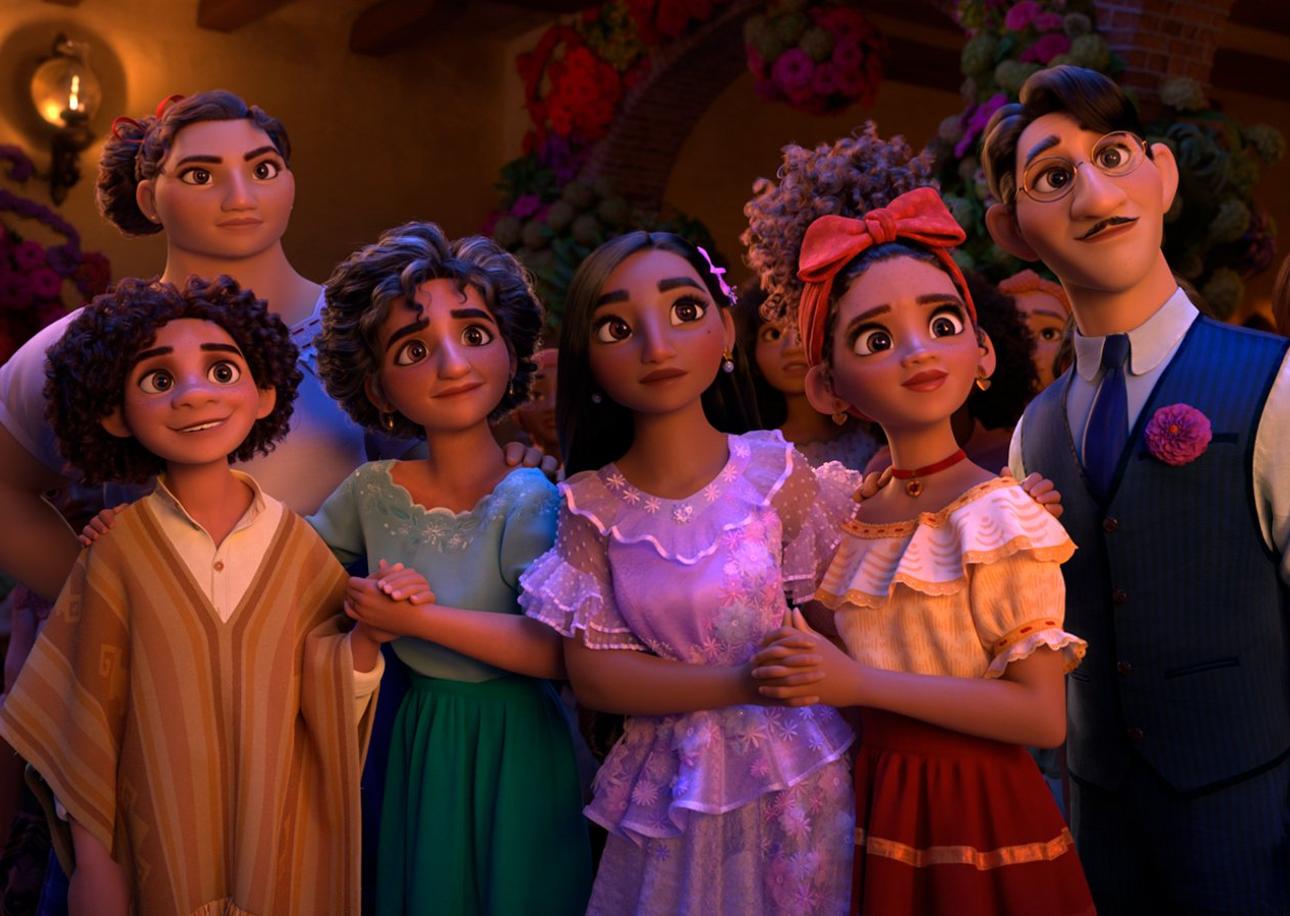The Red Envelope: Billkin and PP Krit’s Take on a Love Story Beyond the Grave
In a cinematic landscape saturated with remakes, reboots and sequels, you might ...

In case you missed it, everyone is talking about the new Disney sensation Encanto.
The company’s 60th animated film, Encanto tells the story of the Madrigals—an extraordinary family. Every member is blessed with a magical gift: one can conjure roses out of thin air, another has super strength, one can even heal wounds with her cooking. But the movie centers around Mirabel, the only member without a gift, as she ventures through challenges and difficulties on her way to save the magic of the family.
The film not only serves a lovable cast of characters and an array of gorgeous original soundtracks, it also offers a refreshing take on female representation in animation.
Mirabel, as the protagonist, physically differs from the usual Disney treatment: long-haired women with curvy bodies and small facial features, and/or Barbie-esque girls with a waistline so impossibly small their ribs must have been surgically removed. Princesses Jasmine, Belle, Cinderella, and many more fit this category—even Cruella de Vil fits this bill. Instead, Mirabel is a geeky, artsy girl with a wide nose and a thick pair of eyebrows.
This sends a message that everyone can save the day. You don’t have to be thin—but neither must you be curvy, or completely perfect looking. You don’t have to have porcelain-clear skin, long attractive hair, or a dress fit for a princess. Mirabel doesn’t have any of that. And she never shows any desire to have that, either.
The message of “not having to be perfect” extends to other members of the family as well. Luisa, the strong woman of the family, is depicted with a butch personality and a set of muscles straight off a Greek god. Despite her strong exterior, she has her own musical solo where she reveals that underneath, she is constantly feeling the pressure of having to carry everything, both physically and mentally. She teaches us that it’s okay to not be strong all the time, and it’s alright to get in touch with your feelings.
Similarly, Isabela is expected to be perfect. Beautiful flowers grow at the wave of her hand, and she is said to have “never had a bad hair day”. Under that gorgeous façade lies the pressure to constantly be perfect. She soon discovers that her abilities allow for so much more than she thought, and being “perfect” doesn’t matter if she doesn’t feel empowered as her own person. Isabela teaches us that we are more than what is expected of us, and that we can feel stronger by knowing what we can do, and how we can grow.
Encanto shows both parents and children alike that being both strong and being beautiful is possible, that there’s no “right” way to express gender, and that female representation in animation can include more than curvy, perfect women.
In a cinematic landscape saturated with remakes, reboots and sequels, you might ...
These top 5 barber shops in Bangkok are where gentlemen can elevate ...
Pets, as cherished members of our families, deserve rights and protections that ...
Must-have gadgets for kids in the Y2K are, predictably, making a comeback ...
Sailorr and Molly Santana’s black grills fuse hip-hop swagger with homage to ...
Opal Suchata’s victory at Miss Universe Thailand 2024, despite not speaking English ...
Wee use cookies to deliver your best experience on our website. By using our website, you consent to our cookies in accordance with our cookies policy and privacy policy